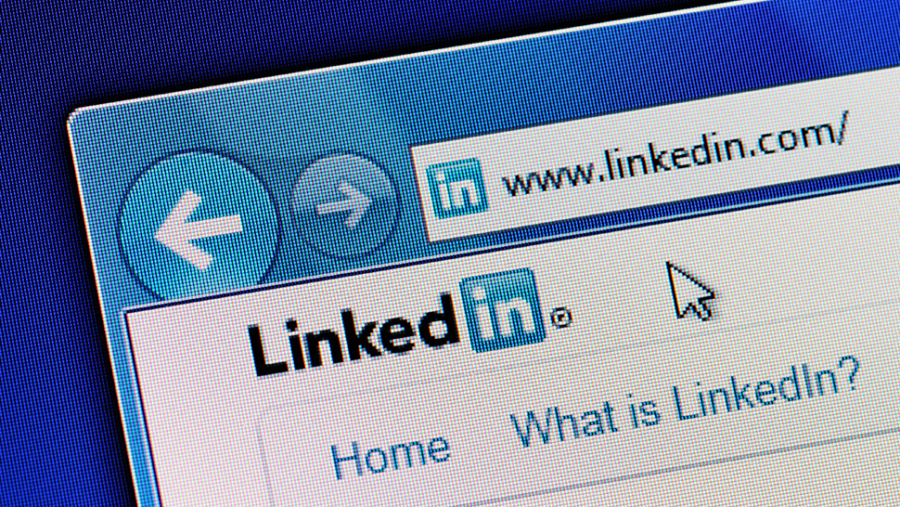

Who owns the LinkedIn connections employees build as part of their job?
The ownership of LinkedIn connections is contentious – employers argue that contacts made through work are part of the company’s intellectual property and/or its confidential information; they may also include restrictive covenants in employment contracts. But employees argue that ownership of LinkedIn accounts and their content belong to individuals, because they have spent time building up and developing their account and their connections.
We advised an employer that his ex-employee’s connections belonged to him, not to the former staff member, and the court agreed, though there is not yet a definitive ruling on the subject.
Can employers protect the data employees build on LinkedIn once that employee leaves?
Employers can seek to protect the data by putting in place effective employment contracts and social media policies to:
• help control and monitor employees’ social media activities
• detail employees’ obligations to the company and
• provide employers’ rights to access social media accounts.
Employers may want to consider asking new employees to create a new separate LinkedIn account when they begin employment. When that employee is leaving, the employer should ask them to hand over the login details to that account so that the account can be deleted (or, if the employee has continued to use a pre-existing account during the employment, so that the connections made during the period of employment can be deleted).
If your employee takes confidential information with them when they leave and shares it with your competitor, what can you do?
We can make an urgent application to court seeking:
• an injunction against the ex-employee and competitor to prevent any misuse of the confidential information (if they are, for example, using the confidential information to solicit customers and/or contacts)
• delivery up of the confidential information that has been taken
• in the case of LinkedIn, deletion of any contacts generated during the employment (and any messages to/from those contacts)
• damages and/or an account of profits (where the ex-employee and/or competitor would be ordered to make payment to the claimant in respect of any profit they have made from using the claimant’s data)and
• payment of legal costs.
Employers should also consider contacting the Information Commissioner’s Office to report the data theft.
What changed in the case law that applies?
As above, the courts have not yet provided a definitive ruling on the ownership of LinkedIn connections.
In 2008, a judge ordered pre-action disclosure of certain documents to evidence whether an employee had used LinkedIn to copy and retain client details (Hays Specialist Recruitment (Holdings) Limited v Ions 2008).
In Whitmar Publications Limited v Gamage and others (2013), Whitmar (a publications company) obtained an injunction against ex-employees, who had set up a competing company, to restrain them from using and disclosing confidential information obtained during their employment with Whitmar. This information comprised contact details from members of LinkedIn groups maintained by Whitmar.
In our case, the judge stated:
“I am quite satisfied that [the employer is] entitled to say that any material which [the employee] came into possession of, learnt or recorded or obtained while in the employ of [the employer], whether attained from LinkedIn, email or otherwise is information which is theirs.
[To] make it plain so that there is no confusion, ‘confidential information’ means the material which you have had access to or have generated or otherwise dealt with when in the employ of [the employer].
I am entirely satisfied that it is appropriate and proportionate that [the employer] should have the ability to be able to search LinkedIn… to see if there is material which falls within the definition to which I have referred of its confidential material.”
What are the implications of this ruling?
Even without a definitive ruling, the judge’s comments help to support an argument that connections generated by employees during the course of their employment do constitute the employer’s confidential information.
Who is going to be most affected by the ruling?
Employers/employees in dispute about who owns LinkedIn connections held on an employee’s LinkedIn account.










